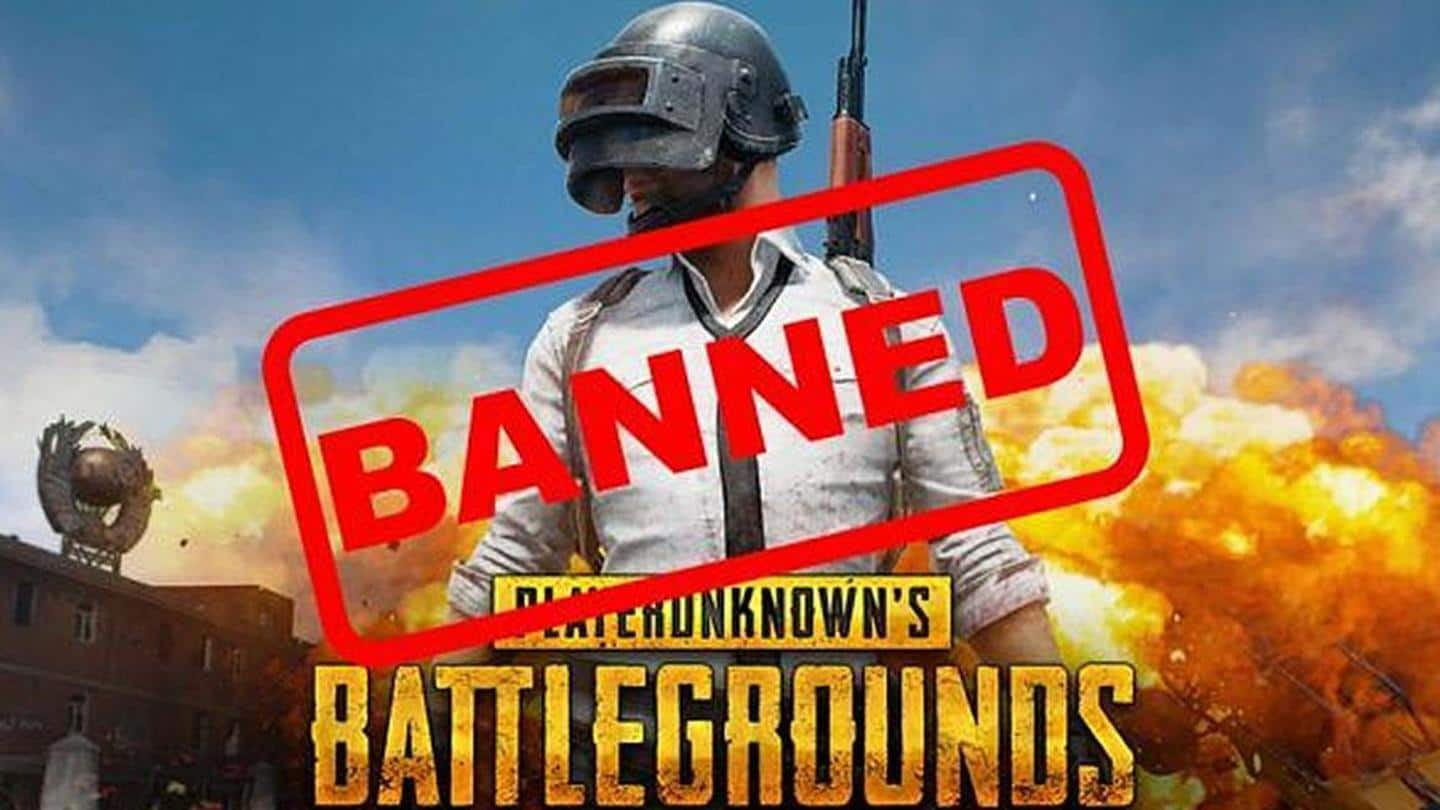
Indian Government will continue ban on PUBG and TikTok
What's the story
The Indian Government has reportedly sent notices to Chinese app makers relaying that their existing bans will continue. The government had blocked 59 Chinese apps in June and 118 more in September last year.
PUBG Mobile was reportedly preparing for relaunch in India, but the government seems to have decided otherwise.
Meanwhile, homegrown mobile game FAU-G is slated for launch on 26 January.
No mercy
PUBG developers repeatedly appealed to reconsider ban, government adamant
PUBG mobile had reportedly approached the Indian Government on numerous occasions with requests to reconsider the ban. But the government didn't entertain the requests.
Recently, PUBG's parent company Krafton Inc. cut ties with Tencent, and appointed Aneesh Aravind as new Country Manager for India, rekindling the hope of a relaunch.
The notice served recently indicates PUBG might not make a comeback in India soon.
Homemade
Made-in-India game FAU-G prepares for Republic Day launch
Capitalizing on the PUBG ban, Bengaluru-based nCore Games is launching FAU-G for Android on January 26. The game has been developed in India and is being promoted by actor Akshay Kumar.
FAU-G follows a mission-driven single-player narrative from the perspective of Indian soldiers guarding the country's borders. The first chapter, playable on launch day, is based on the brutal conflict in Galwan Valley, Ladakh.
Firm decisions
TikTok acknowledges receiving notice, confirms compliance
The Ministry of Electronics and Information Technology (MeitY) banned the Chinese apps under Section 69A of the Information Technology Act over fears of misappropriation of user data by app developers and the Chinese Government.
A TikTok spokesperson confirmed receipt of the government's latest notice. The company intends to comply with the law and address any concerns the government may have in its subsequent reply.
Following suit
MeitY suspicious of Chinese app practices, US followed India's initiative
MeitY banned many popular apps over suspicions of transmitting data in an unauthorized manner to servers located outside India.
Following India's footsteps, the US government had also banned TikTok and WeChat weeks after the India ban. The US assessed that Chinese-connected apps capture large amounts of sensitive personally-identifiable information, which would give the Chinese government access to the private data of US citizens.